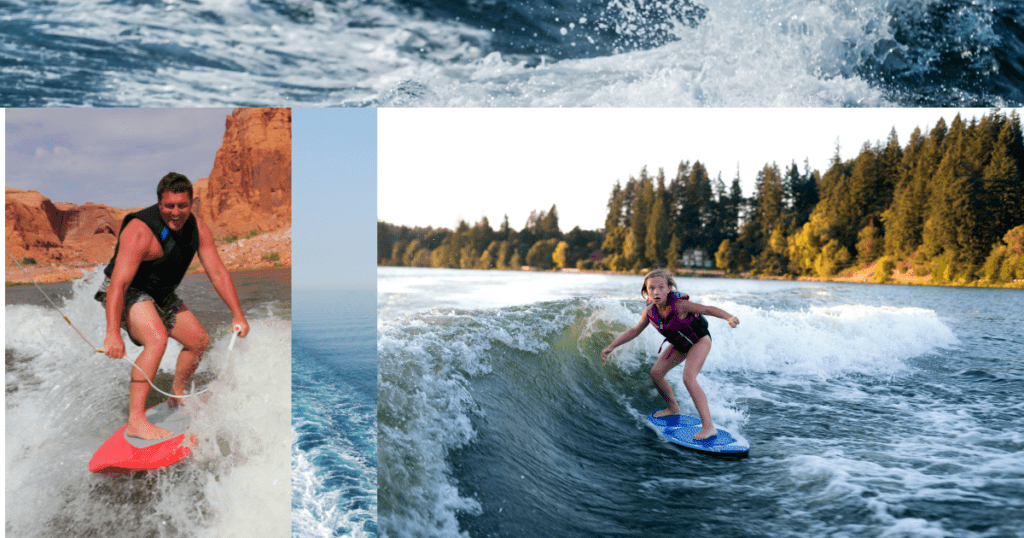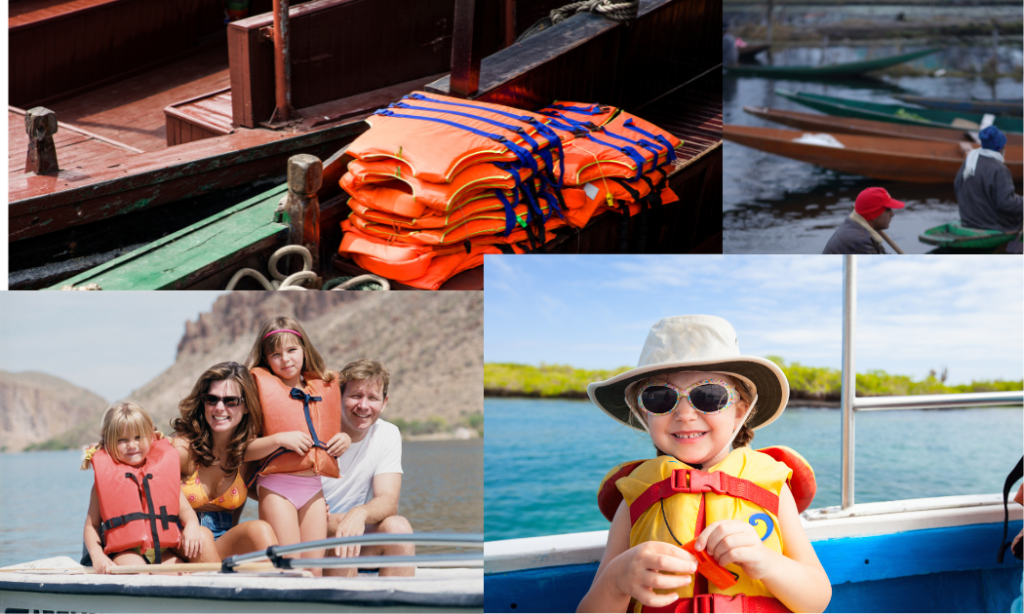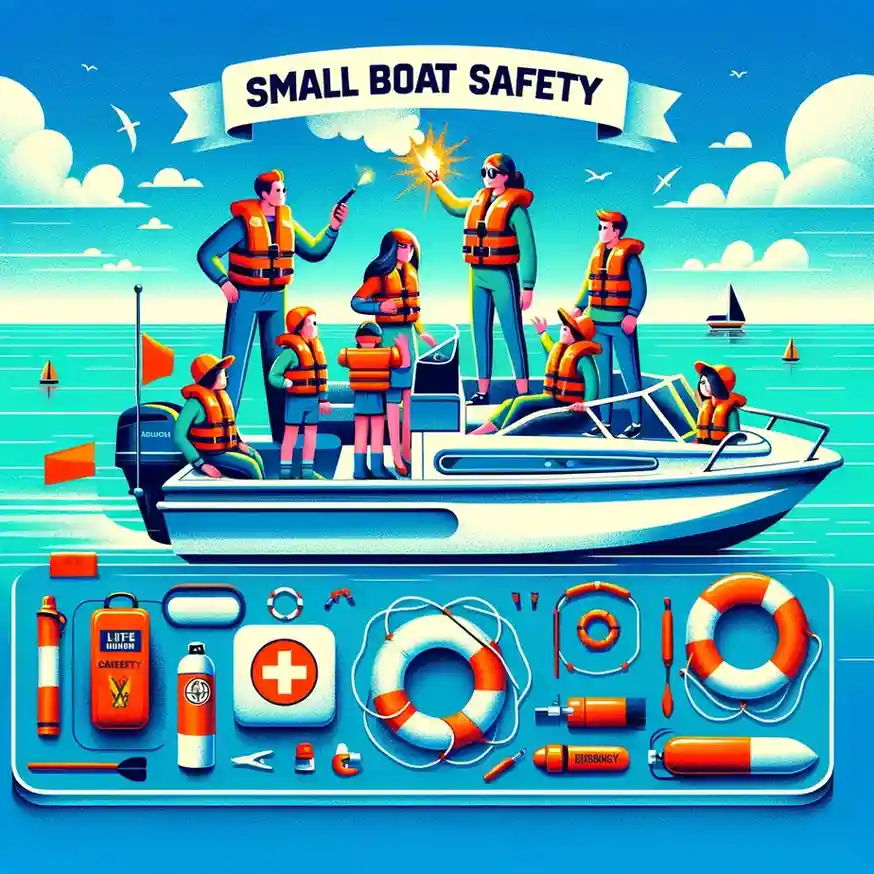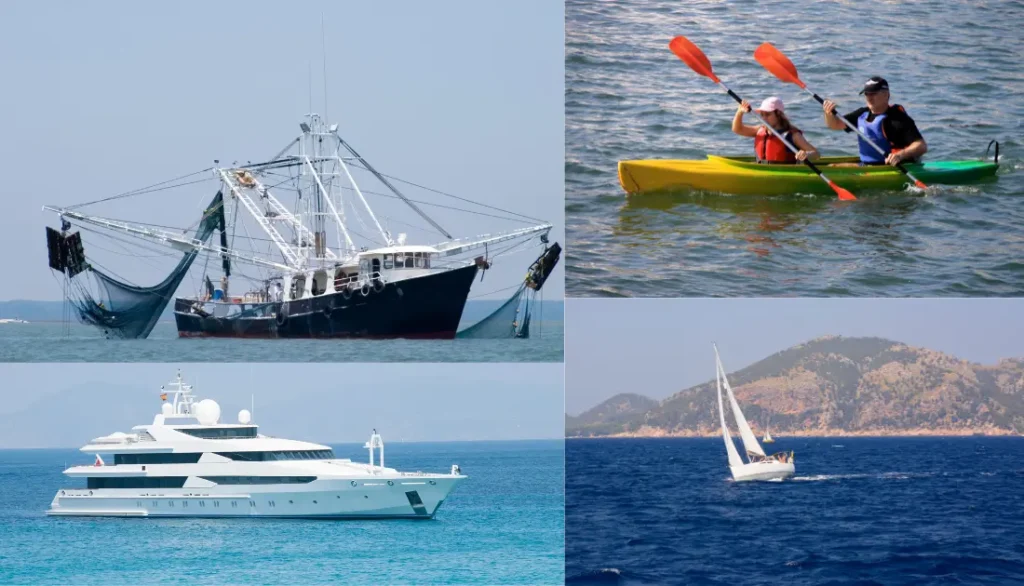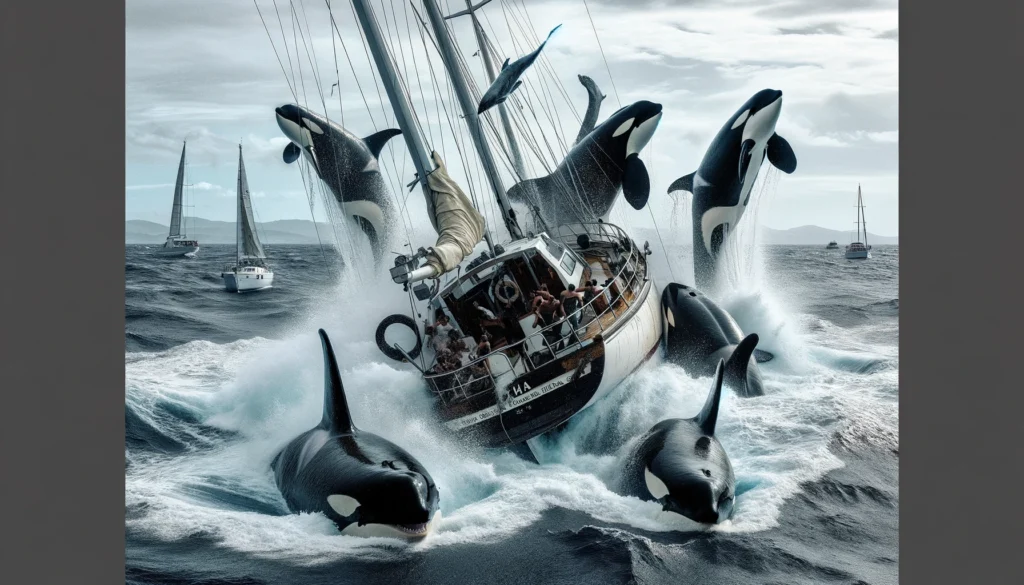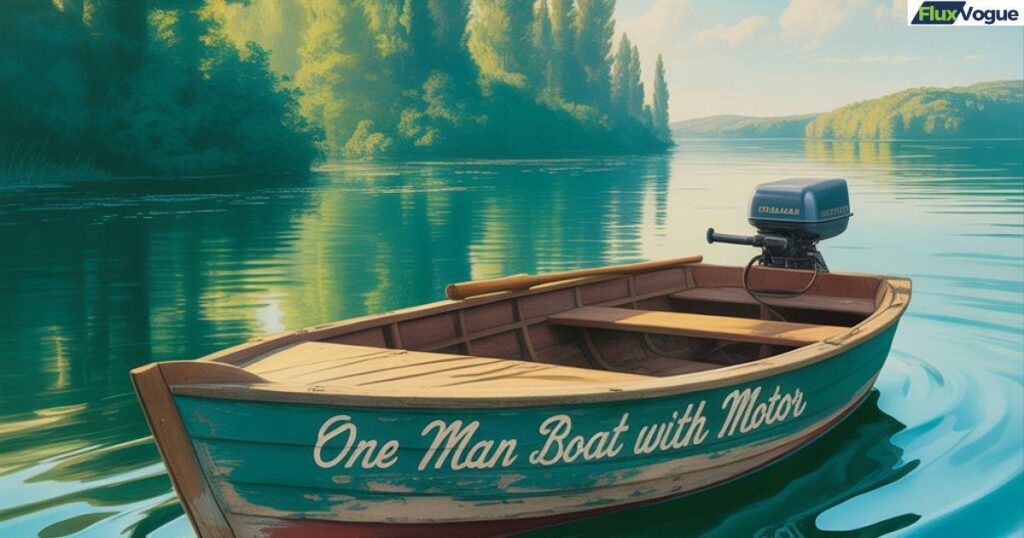Lately, there’s been a concerning pattern emerging. Reports of whales engaging in behavior towards boats. These occurrences, notably occurring near the shores of Spain and Portugal, have sparked confusion and worry among many. What might be triggering these creatures to act in such a manner?
Table of Contents
Introduction
Whales, commonly known as the giants of the ocean, have been exhibiting aggressive actions towards boats in recent times. This surprising behavior has captured the attention. Raised worries among experts, sailors, and the public at large. Are these sudden attacks acts of aggression? Is there a more intricate underlying cause driving them? In this piece, we aim to delve into hypotheses and offer an insight into the potential reasons behind Why Are Whales Attacking Boats?
Theories Behind Whale Attacks on Boats
- Playful Behavior
One theory suggests that some whale attacks may be a form of playful interaction, especially among younger whales. Whales are highly intelligent and curious animals known for their playful nature. They might see boats as large, intriguing objects to investigate. This curiosity can sometimes manifest in behavior that appears aggressive but is actually an attempt to interact or play.
2.Retaliation for Negative Encounters
Another possible explanation is that whales are retaliating due to previous negative encounters with boats. Many whales have experienced injuries from boat strikes or have become entangled in fishing gear. These traumatic experiences could lead to a learned aggressive response towards boats, viewing them as threats rather than harmless intruders.
3.Environmental Stress
The alterations in the ocean environment, like heightened noise pollution, fishing, and habitat disturbances, may be triggering stress and atypical actions in whales. The noise pollution stemming from ships and underwater operations can disrupt the communication and navigation of whales. Excessive fishing exhausts their food supplies, resulting in heightened competition and stress. These elements combined could play a role in the behaviors witnessed by whales.
4.Protection of Territory and Offspring
Whales are known to be highly protective of their territory and young. They might perceive boats as potential threats, especially if they have calves nearby. This territorial behavior could result in aggressive encounters as whales attempt to defend their space and offspring from perceived danger.
Recent Incidents and Case Studies
A noteworthy event took place in the area of the Strait of Gibraltar involving killer whales, also known as orcas, attacking yachts. The incidents included orcas striking and biting the rudders of boats, resulting in harm. Some vessels had to be towed to shore because of the damage caused by the attacks.
Personal Accounts
Sailors who have encountered incidents often recount them as abrupt and overwhelming. Take, for instance, a sailor named John, who shared his account of being out at sea near the shores of Portugal. His vessel was repeatedly hit by a pod of orcas with a focus on the rudder, resulting in harm. John observed that the orcas seemed to be working in a fashion that intensified the unsettling experience of the encounter.
Expert Opinions
Marine Biologists Weigh In
Marine biologists have been closely studying these incidents to understand the behavior of the whales involved. Dr. Jane Smith, a marine biologist specializing in whale behavior, suggests that a combination of factors is likely at play. She believes that the increase in boat traffic, environmental changes, and previous negative encounters with boats all contribute to the observed aggression.
Ongoing Research
Scientists are currently researching to collect information and gain an understanding of these occurrences. They are utilizing tracking devices, underwater microphones, and various observation methods to analyze the behavior of whales in areas where such incidents have occurred. The objective is to uncover any recurring patterns or factors that may shed light on the surge in interactions with boats.
What to Do If You Encounter a Whale Attack
Stay Calm and Avoid Panic
When encountering an aggressive whale near your boat, it’s crucial to maintain composure and refrain from getting overwhelmed. Getting flustered could result in making choices that heighten the chances of harm or mishap.
Avoid Sudden Movements
Be cautious not to make any gestures or loud sounds that could upset the whale more. Keep your boat stable. Try not to use the engine as the noise might provoke the whale.
Contact Authorities
If your boat gets damaged or if you sense danger, make sure to reach out to the authorities immediately. Give them details about where you’re and explain what’s happening. They will be able to give you advice and send help if needed.
Use Protective Measures
Maybe it’s an idea to think about putting some safety measures on your boat to avoid encounters with whales. boat to prevent whale attacks. boat, like rudders or noise devices that help keep whales away. These additions could give you peace of mind while out on the water in places where whales are often seen.
The Role of Conservation in Preventing Whale Attacks
Reducing Noise Pollution
Preserving the tranquility of the ocean is vital for the health of marine creatures. Utilizing quieter ship designs and setting up areas free from noise can aid in lessening the disturbance caused by actions on whales and other sea animals.
Sustainable Fishing Practices
It’s important to use fishing methods to make sure whales have food and aren’t harmed by overfishing. By managing marine ecosystems, we can help create an environment for whales and decrease the chances of them showing aggressive behavior.
Supporting Conservation Projects
Engaging in initiatives that support the preservation of marine ecosystems can have an impact. Numerous groups are dedicated to preserving the habitats of whales, conducting studies, and promoting awareness of the issues affecting wildlife. Getting involved in these endeavors can play a role in safeguarding both whales and human beings.
Conclusion
The situation where whales attack boats is a multidimensional problem. Factors like behavior reacting to interactions, stress from the environment, and protecting their territory all play a role. It’s crucial to continue researching to gain an understanding and find ways to deal with this behavior effectively. By keeping up to date, following safety protocols, and backing conservation initiatives, we can peacefully share our waters with these animals. Safeguard their future for generations to come.



